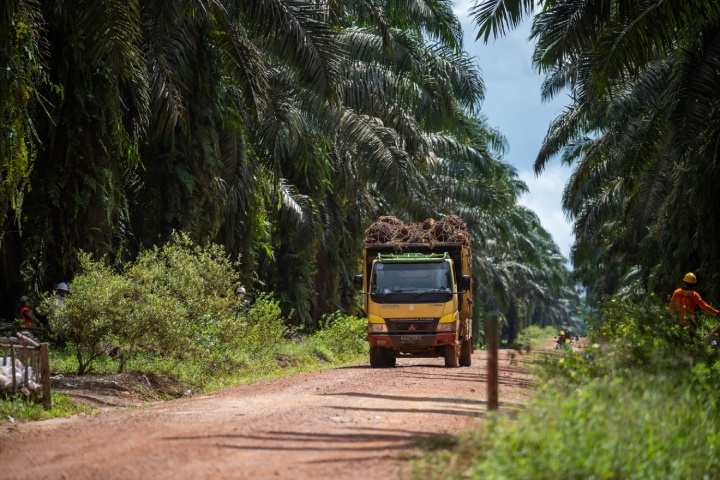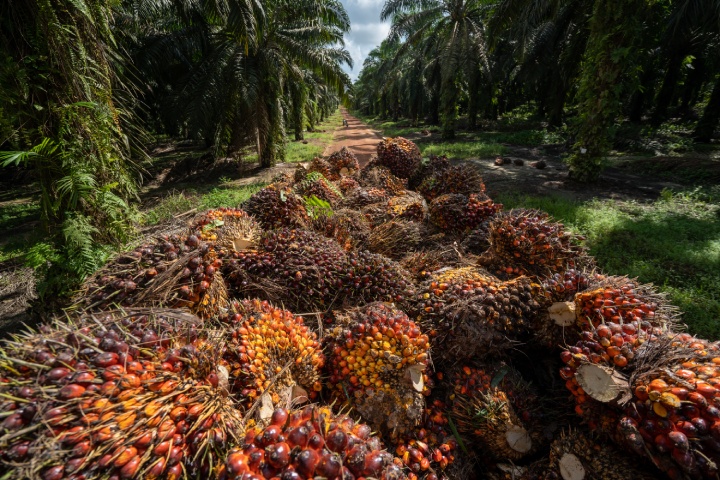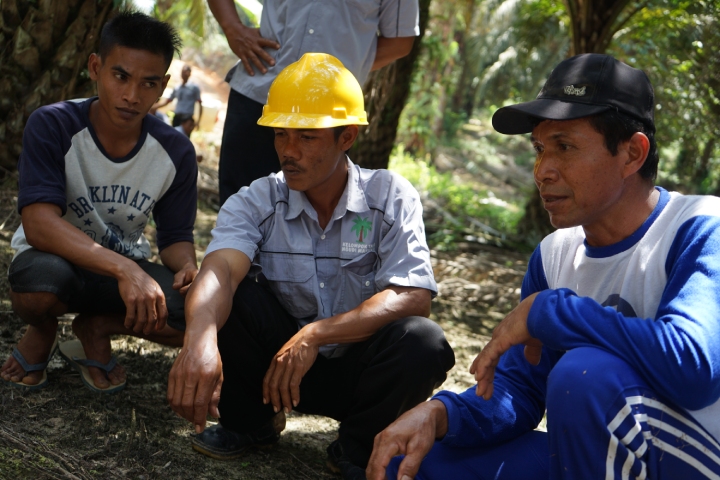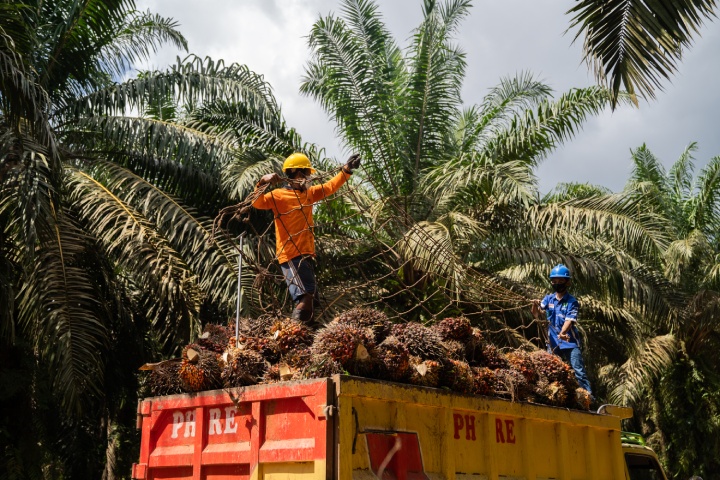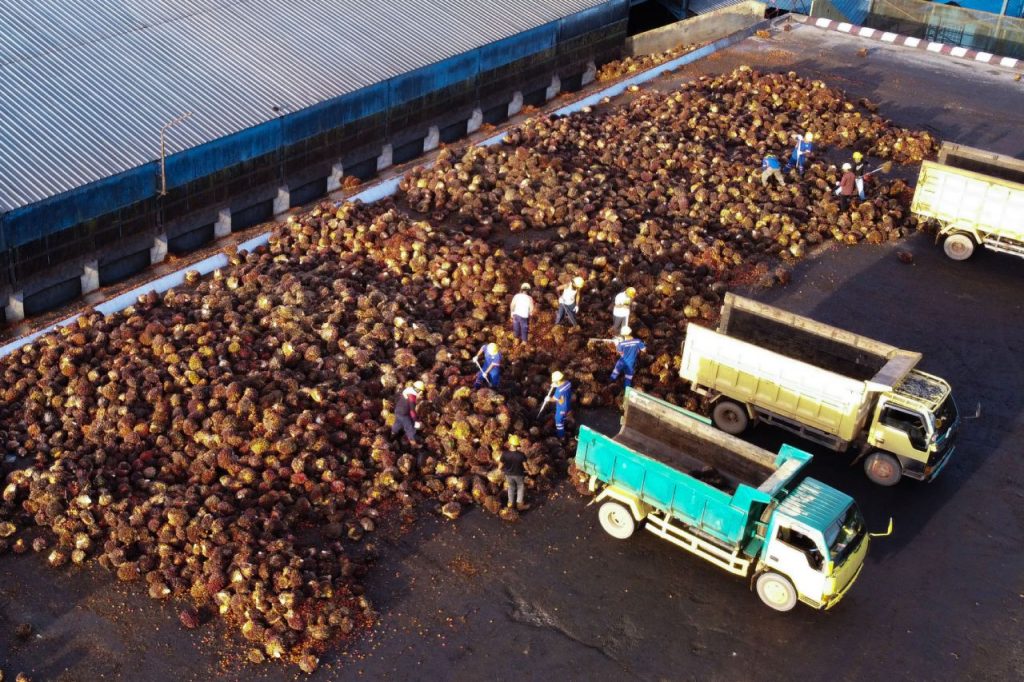
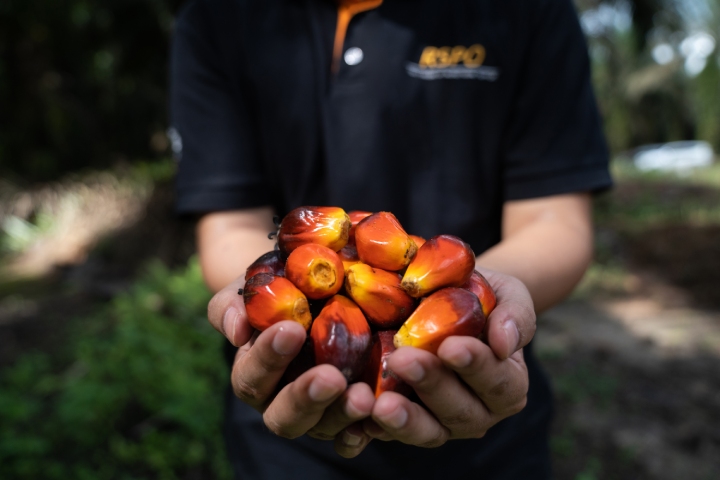
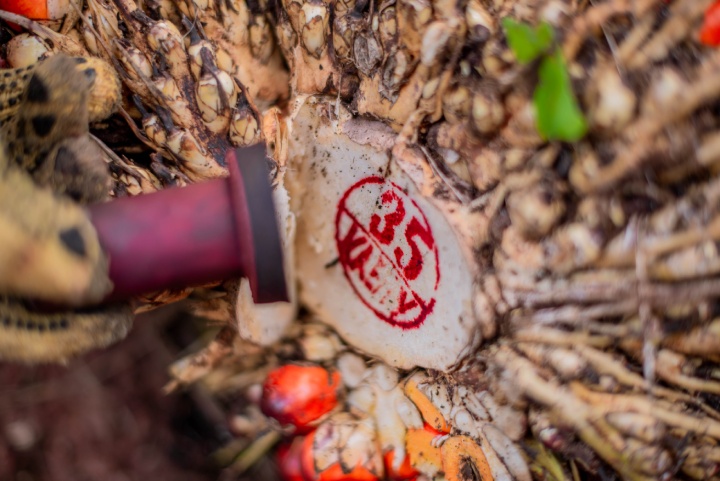
| Company | Mill | Link to Certificate |
|---|---|---|
| PT Karya Makmur Bahagia | Bukit Makmur Mill | Click here |
| PT Ladang Sawit Mas | Bukit Tunggal Jaya Mill | Click here |
| PT Windu Nabatindo Lestari | Katari Agro Mill | Click here |
| PT Gunajaya Karya Gemilang | Kendawangan Mill | Click here |
| PT Windu Nabatindo Lestari | Pundu Nabatindo Mill | Click here |
| PT Agro Sejahtera Manunggal | Pembangunan Raya Mill | Click here |
| PT Karya Makmur Bahagia | Gunung Makmur Mill | Click here |
| PT Windu Nabatindo Abadi | Sungai Cempaga Mill | Click here |
| PT Rohul Sawit Industri | Sukadamai Mill | Click here |
| PT Karya Bakti Agro Sejahtera | Sungai Rasau Mill | Click here |
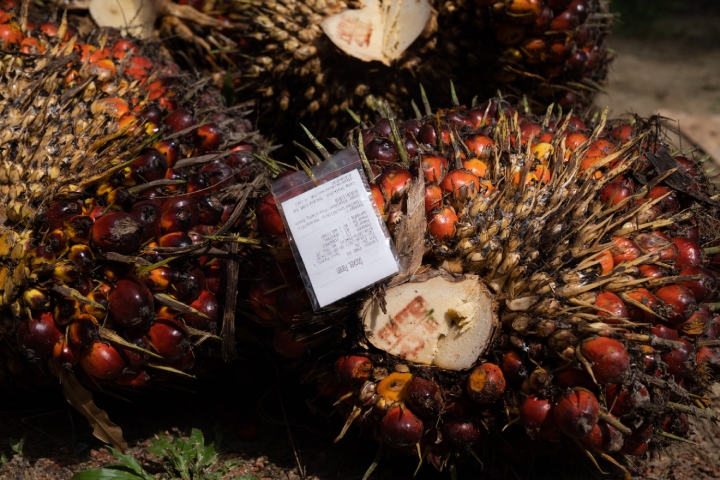
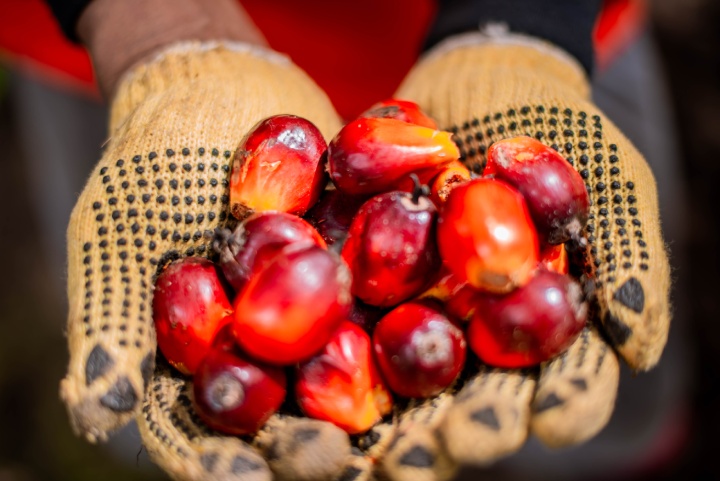
| Company | Link to Certificate |
|---|---|
| PT Karya Makmur Bahagia | Click here |
| PT Agro Sejahtera Manunggal | Click here |
| PT Gunajaya Ketapang Sentosa | Click here |
| PT Gunajaya Karya Gemilang | Click here |
| PT Gunajaya Harapan Lestari | Click here |
| PT Agro Sejahtera Manunggal | Click here |
| PT Rohul Sawit Industri | Click here |
| PT Masuba Citra Mandiri | Click here |
| PT Karya Bakti Agro Sejahtera | Click here |
